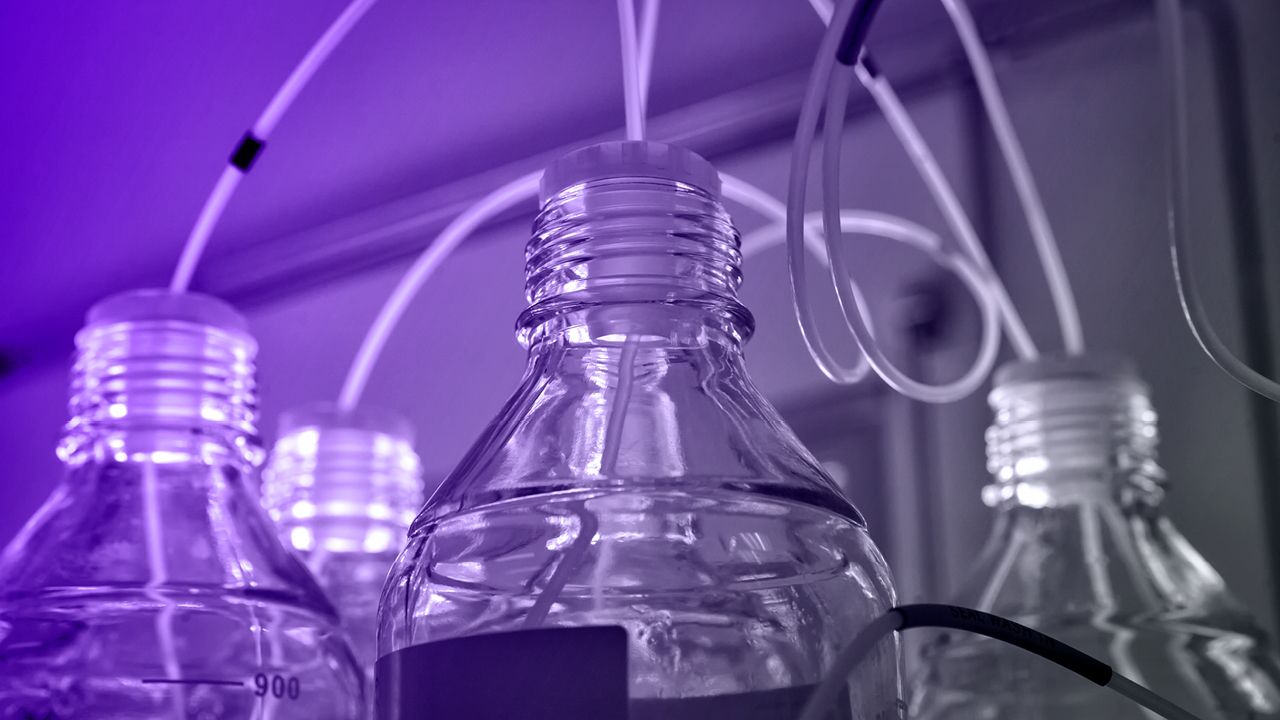Advanced HPLC Method Development Using Quality by Design
This advanced course applies Quality by Design principles to help you build high-performance HPLC and UHPLC methods efficiently and confidently. You’ll learn a step-by-step strategy for solving tough separations, optimizing key variables, and using modern modeling tools to streamline development and validation.

-
Solo or Team
Subscriptions Available
See Team Options -
12+ Hours
of Video Content
Learners
Quizzes
Modules
Videos
LC & LC-MS Series
Course Description
The central tenant of Quality by Design (ICH Q8) is that quality cannot be tested into a product – instead, it must be designed into the product. When the product is an HPLC method, QbD strategies can guide the development process to result in a standardized method development procedure, more easily validated methods, and methods that are easier to use and adjust in routine applications.
“Advanced HPLC Method Development Using Quality by Design” is an intensive online class that teaches you strategy and technique to develop high-quality HPLC and UHPLC methods quickly and with confidence. You will learn a time-proven technique that walks you through the method development process a step at a time using sound chromatographic principles to help make the process more efficient. The techniques can be used as a stand-alone strategy or added to existing development procedures to help streamline the process. Because the same principles apply to HPLC and UHPLC, you can apply the same information to the development of UHPLC methods.
“Advanced HPLC Method Development Using Quality by Design” is an intensive online class that teaches you strategy and technique to develop high-quality HPLC and UHPLC methods quickly and with confidence. You will learn a time-proven technique that walks you through the method development process a step at a time using sound chromatographic principles to help make the process more efficient. The techniques can be used as a stand-alone strategy or added to existing development procedures to help streamline the process. Because the same principles apply to HPLC and UHPLC, you can apply the same information to the development of UHPLC methods.
LC & LC-MS Series
Course Highlights
John Dolan
John Dolan is considered to be the one of the world’s experts in HPLC. He has written more than 300 user-oriented articles on HPLC troubleshooting over the last 30 years in addition to more than 100 peer-reviewed technical articles on HPLC and related techniques.
His three books (co-authored with Lloyd Snyder), Troubleshooting HPLC Systems, Introduction to Modern Liquid Chromatography (3rd edn), and High-Performance Gradient Elution, are standard references on thousands of desks around the world. He has taught HPLC training classes around the world to more than 10,000 students.
Write your awesome label here.
Preview This Course for Free
Experience the first module before enrolling.
Click the video activity in the first module below to get started—no purchase required.
Click the video activity in the first module below to get started—no purchase required.

